kernel of our cultural heritage:
&
identity
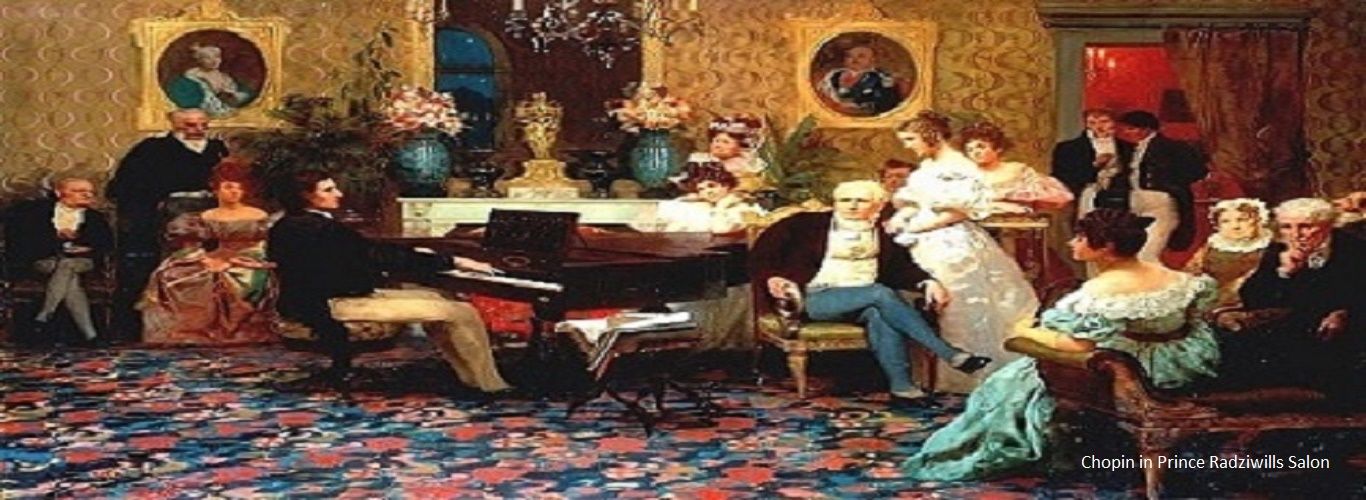
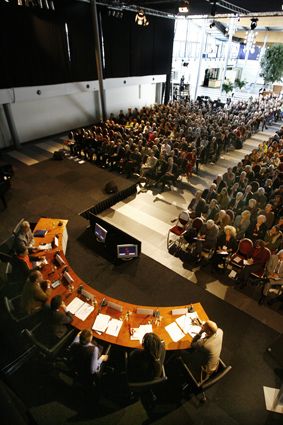

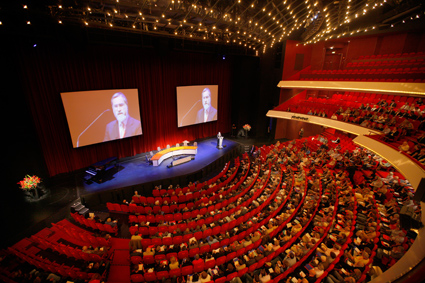
| the United Nations Alliance of Civilizations (UNAOC) |



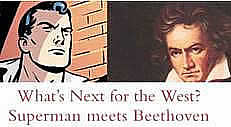






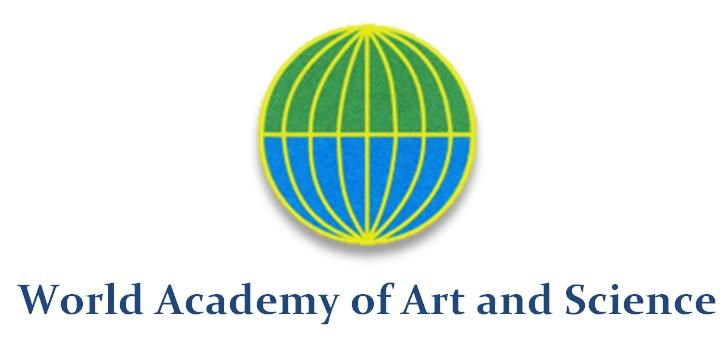
 |
 |

|
| The humanities are academic disciplines which study the human condition, using methods that are primarily analytic, critical, or speculative, as distinguished from the mainly empirical approaches of the natural and social sciences. Examples of the disciplines related to humanities are ancient and modern languages, literature, history, philosophy (within which ethics), religion, visual, performing arts and music, health. Humanities provide opportunities and starting points that contribute to further promotion of the human condition. "You can not really understand what a human being is, when you don't study the past" says historian Simon Schama and music for example, expresses the emotions and ideas and is found in every known culture, past and present, varying wildly between times and places. "Music is mathematics in motion and algebra is its choreography", said George Steiner once. Together with maths and poetry, music is one of the tritones (the three languages of man) and a fundamental constituent of human life. |
| away from the darkness towards spring and the light |
| DASHBOARD |
| literature
&
poetry kernel of our cultural heritage: |
cultural values & identity |
 |
 |
 |
 |
|
 |
 |
||
 |
 |
languages |  |
 |
 |
|||||
|---|---|---|---|---|---|---|---|---|---|---|
 |
 |
 |
 |
|
Laudato Si |  |
| The Quest for Vision |
Where is humanity headed in these confusing and uncertain times? What are we to do, now that ‘the people’ are increasingly turning away from ‘the elite’, and even experienced politicians and supposed experts find themselves at a loss, not knowing where to go next? Where can we still find something to hold onto, when the distinction between truth and falsehood is becoming ever more blurred?
As the road before us is growing increasingly foggy, as political extremism is on the rise everywhere and as a deep-seated sense of insecurity is taking hold, the need for a new vision of the future is becoming greater than ever. But who can still provide us with that vision, and what should that vision be? These and many more questions took center stage at the Nexus Conference 2024, ‘The Quest for Vision in the Era of Confusion, Corruption and Foolishness’, 16 November in Amsterdam. |
 |
Confusion, Corruption, Foolishness: Causes and Consequences with Damien Chazelle Francesco Boldizzoni Rod Dreher László F. Földényi Paul Lynch Garance Pineau Gregory J. Polan Celeste Wallander and a fragment of an interview with Barbara Tuchman (known for |
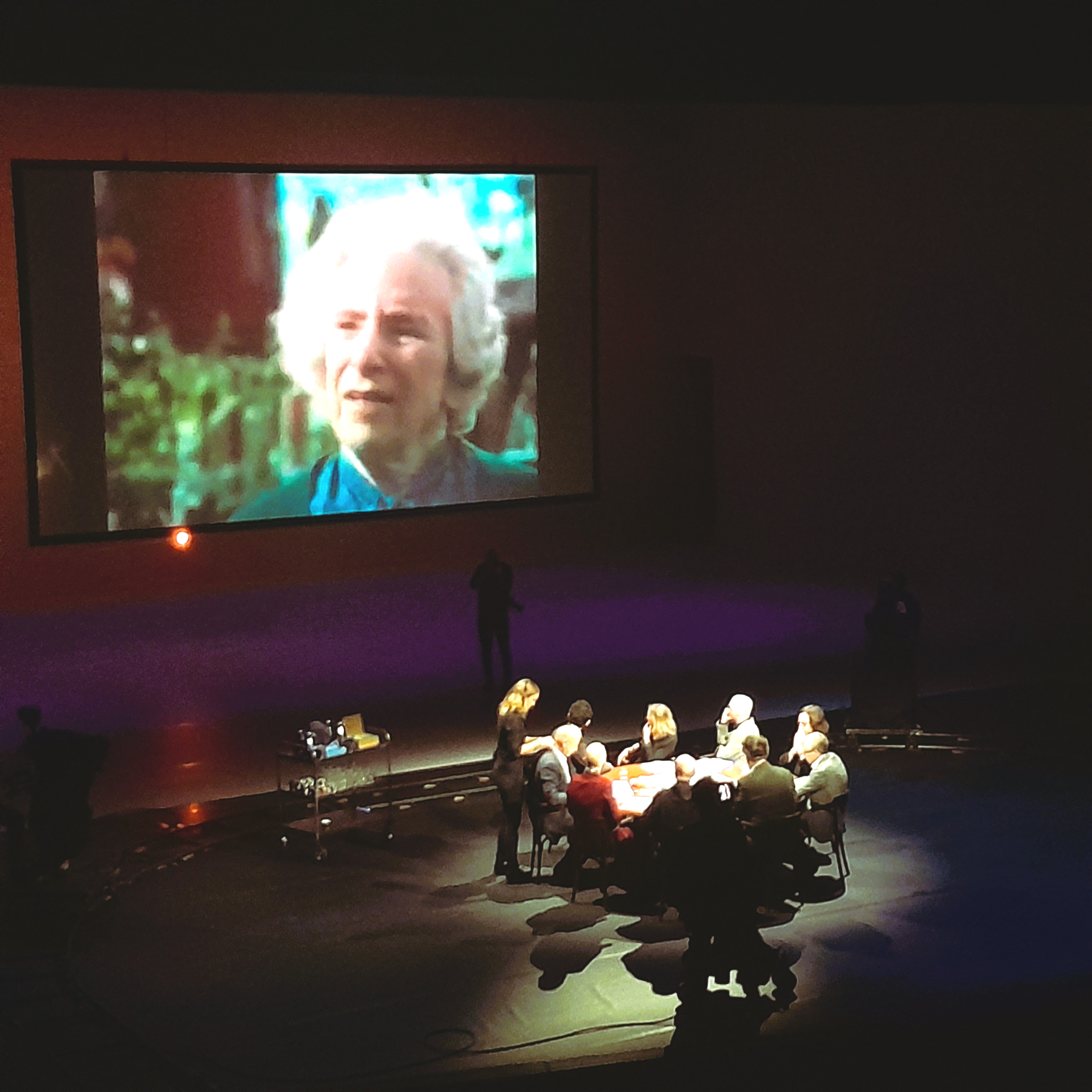 |
The Quest for Vision with
Jeff Flake |
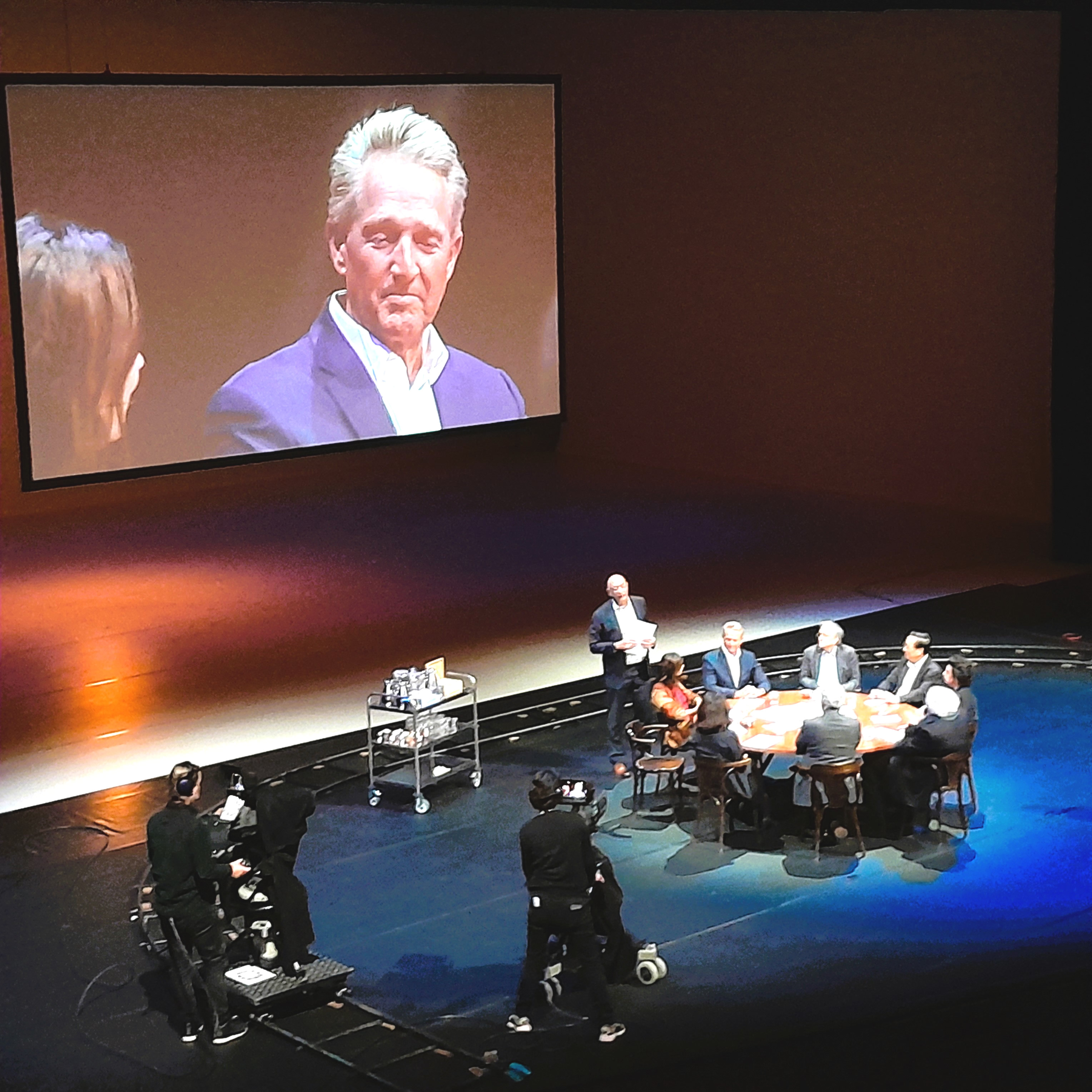 |
| The Future of Western Civilization |
 |
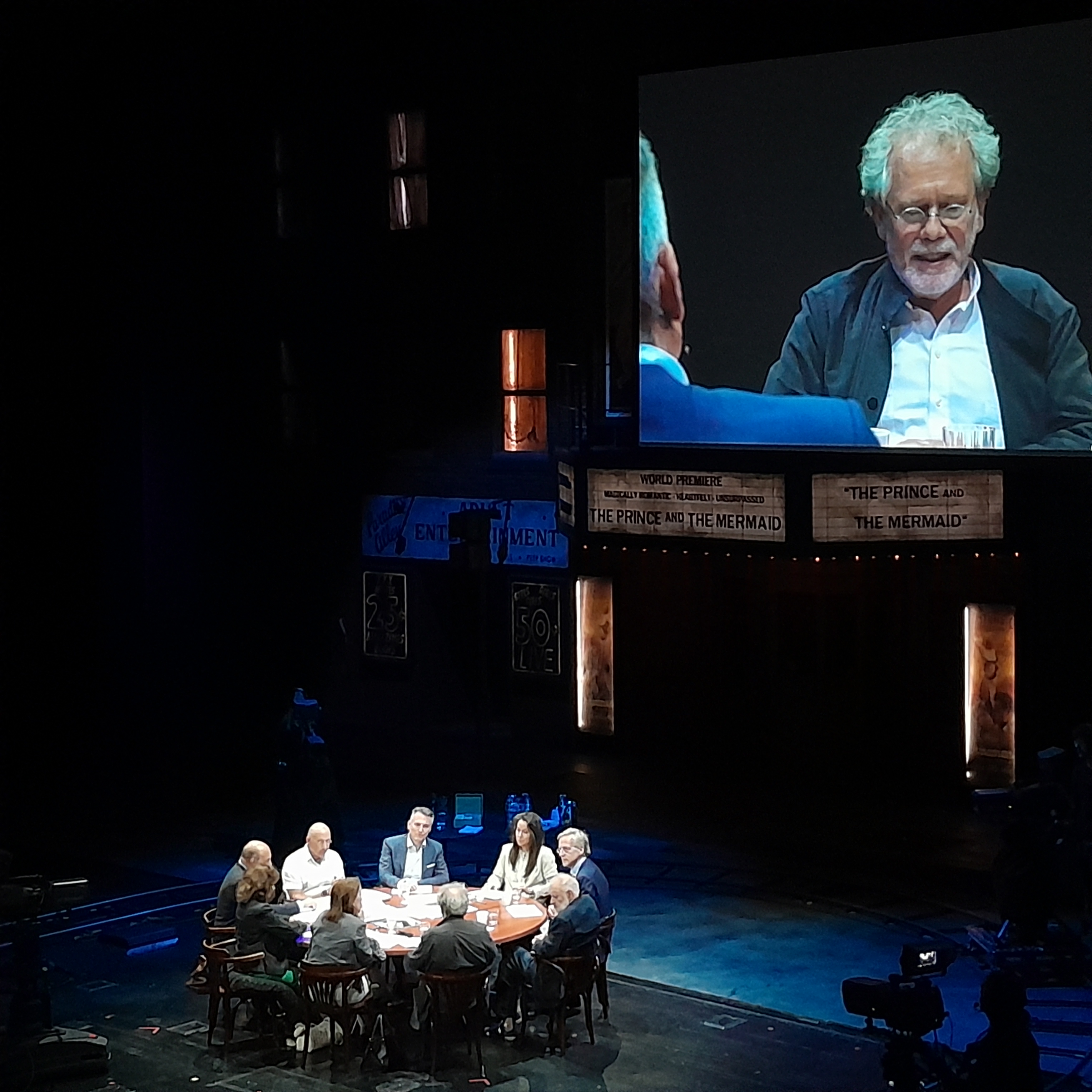 |
Tomb or Treasure? Nietzsche and Van Gogh discuss The Future of Western Civilization
Nexus Conference
|
| International Society for the Comparative Study of Civilizations
Civilizations Matter Our Mission: To provide means of cooperation among all persons interested in the advancement of the comparative study of civilizations. |
| Oration on the dignity of the human being |
|
|
| Tribalism or Humanism: Will Humanity Ever Resolve the Tensions? |
|
|
For one of the participants, the most valuable outcome of the Caux Round Table Global Dialogue happened to be the very formulation of the issue that embraced the entire spectrum of moral and ethical aspects for doing and developing business long term — primarily in the context of UN SDGs:
“The quality and depth of analysis and hypothesis offered via pre-read research materials, have shifted the panelists thinking towards a brand new dimension (e.g. a mutually exclusive impacts of tribalism and humanism over the nature of business) and to a larger extent determined a truly serious level of conversation. So, a decision by the Graduate School of Management at St.Petersburg State University to have CRT integrated into its annual international conference looks bold and the same time absolutely fair and timely”. Parts of the proceedings report: In the archtecture and practices of contemporary globalism - embracing business and finance, governments and civil society (including religions) - there is insufficient trust to constructively manage the tensions between a more universal humanism and the fears and selfish concerns we associate with the negative attractions of tribalism. Trust, or the lack thereof, happens in the moral sphere of human endeavor. Trust requires more in our interactions and our engagements with one another than self-interest, reciprocal exchanges of advantage, or self-abasement in the presence of power and influence. Trusting others has a precondition arising from our evaluation of their character and purposes: they must be trustworthy. To improve trust in our community:
Cosmopolitan lifestyles and personal identities promoted by social media pull individuals away from the psycho-emotional benefits of feeling rooted and supported by a community. Cosmopolitan identities place people anywhere when most of us need to be somewhere. A sense of home is becoming harder and harder to expierence in the digital age of information overload and the emotional chaos of shifting, unreliable interpersonal relations. There is a search for moral leadership. The equality demanded by elite cosmopolitanism conflicts earning trust. When everyone is equal in marching to the beat of their own internal drummer, impermanence comes to dominate society, driving reliance on others into the ashcan of history. Without reliance, there can be no lasting trust. A Hobbesian war of all-against-all comes into being and the resulting commanding presence of nihilism causes most to fear that they have no solid moral or political ground on which to stand. |
| A new order in the coming era: | The level of discussion probed beneath surface appearances on great challenges for the world community: the sustainability of the financial system, populism, and the negative impacts of social media on social capital. A special statement was reviewed (page 11, "The Ethics of Comity") and approved on the ethics of cross community relationships to provide an ethical framework for voluntary engagements with mutual respect and concern across communal lines of ethnic identity and religious faith. |
| Albert Einstein's Surprising Thoughts on the Meaning of Life |
| Albert Einstein's Surprising Thoughts on the Meaning of Life (Big Think, March 12, 2017 by Paul Ratner)
Albert Einstein was one of the world’s most brilliant thinkers, influencing scientific thought immeasurably. He was also not shy about sharing his wisdom about other topics, writing essays, articles, letters, giving interviews and speeches. His opinions on social and intellectual issues that do not come from the world of physics give an insight into the spiritual and moral vision of the scientist, offering much to take to heart. The collection of essays and ideas “The World As I See It” gathers Einstein’s thoughts from before 1935, when he was as the preface says “at the height of his scientific powers but not yet known as the sage of the atomic age”. In the book, Einstein comes back to the question of the purpose of life on several occasions. In one passage, he links it to a sense of religiosity.
|
.png)
|
Was Einstein himself religious? Raised by secular Jewish parents, he had complex and evolving spiritual thoughts. He generally seemed to be open to the possibility of the scientific impulse and religious thoughts coexisting.
Some (including the scientist himself) have called Einstein’s spiritual views as pantheism, largely influenced by the philosophy of Baruch Spinoza. Pantheists see God as existing but abstract, equating all of reality with divinity. They also reject a specific personal God or a god that is somehow endowed with human attributes Himself a famous atheist, Richard Dawkins calls Einstein's pantheism a “sexed-up atheism,” but other scholars point to the fact that Einstein did seem to believe in a supernatural intelligence that’s beyond the physical world. He referred to it in his writings as “a superior spirit,” “a superior mind” and a “spirit vastly superior to men”. Einstein was possibly a deist, although he was quite familiar with various religious teachings, including a strong knowledge of Jewish religious texts. |
In another passage from 1934, Einstein talks about the value of a human being, reflecting a Buddhist-like approach:
This theme of liberating the self is also echoed by Einstein later in life, in a 1950 letter to console a grieving father Robert S. Marcus:
|
 |
In case you are wondering whether Einstein saw value in material pursuits, here’s him talking about accumulating wealth in 1934, as part of the “The World As I See It”:
|
| 10 Things Progressives Owe to Western Civilization | Simon Schama |
|
|
| A plea for humanizing |
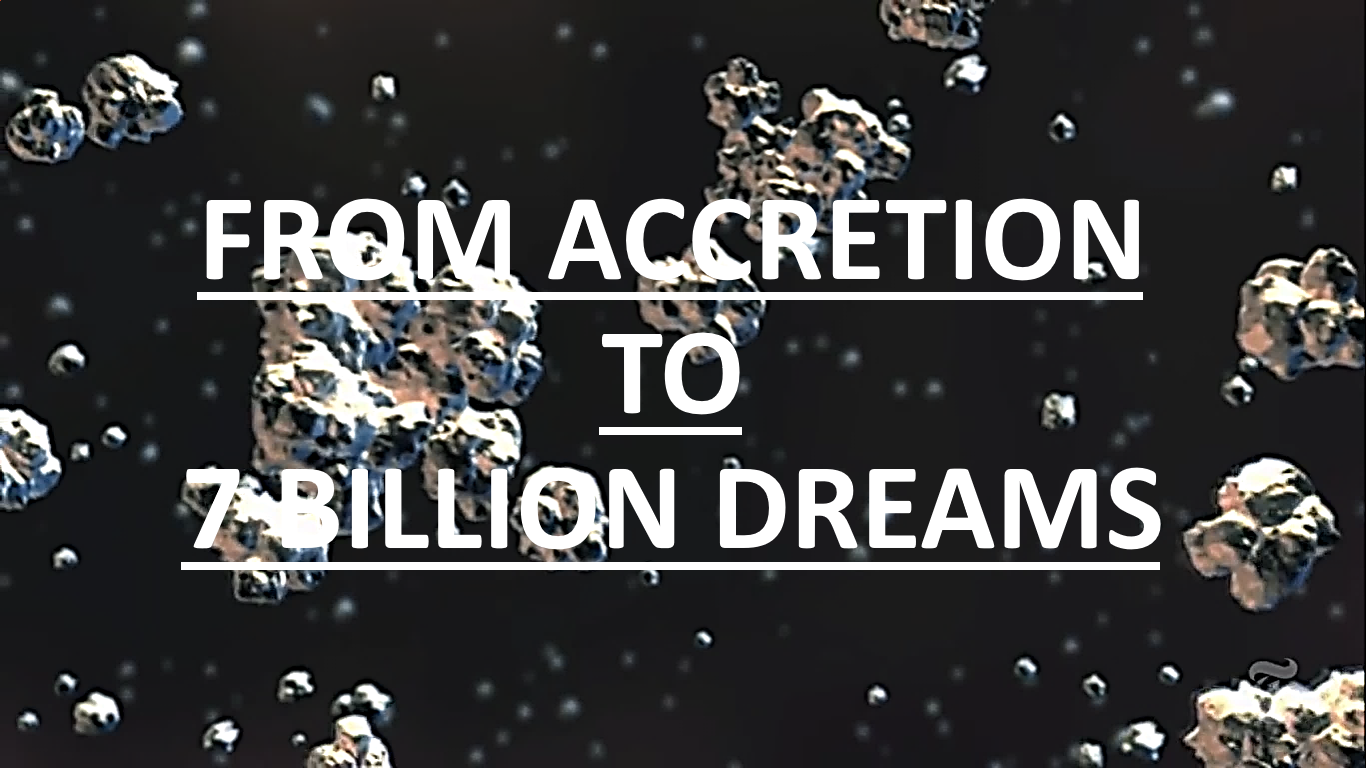 |
|
| music to move us on a deeply emotional level |
|
|